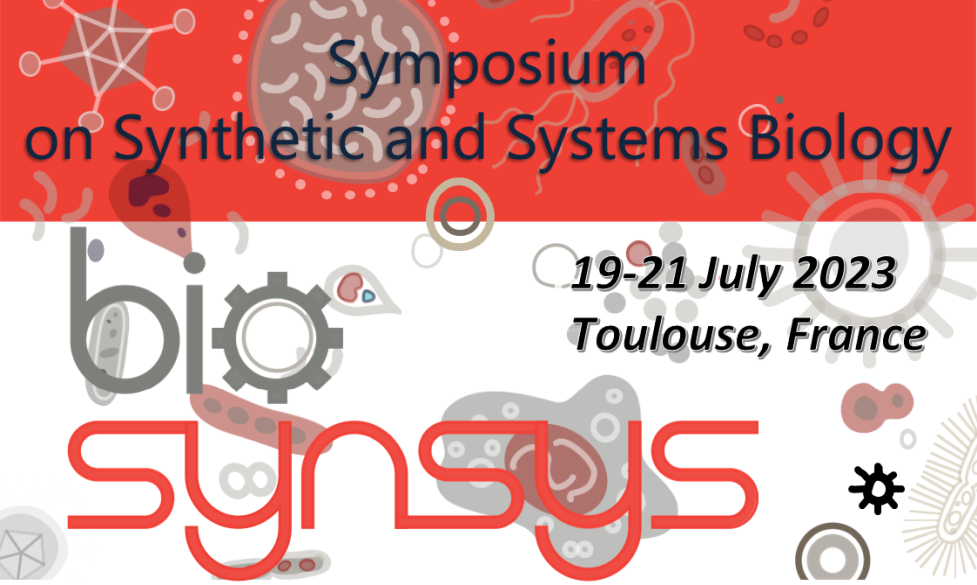Targeted killing of pathogenic bacteria without harming beneficial members of host microbiota holds promise as a strategy to cure disease and limit both antimicrobial-related dysbiosis and development of antimicrobial resistance. Recent work from our lab has demonstrated that genetic modules based on toxin-intein systems delivered by conjugation are highly effective antimicrobials agents, able to selectively kill Vibrio cholerae in mixed populations [1]. In this line of work, we are adapting the aforementioned system to other pathogens of clinical importance by including new toxin modules whose expression depends on transcriptional factors that are exclusively present in the targeted bacteria. The three chosen bacteria and their selected specific transcriptional regulators are: Salmonella enterica and HilD, the master regulator of the invasion process [2]; Klebsiella pneumoniae and YbtA, the central regulator of yersiniabactin production, the most common high-virulence determinant [3]; Shigella flexneri and enteroinvasive Escherichia coli and VirF, the primary regulator of the virulence phenotype in both species [4]. Additionally, to ensure an efficient dissemination and maintenance across the microbial gut population, we are engineering conjugative plasmids, such as RP4, to be transferred and maintained between enterobacteria and Bacteroides, one of the main constituents of the gut microbiome. Once validated under laboratory conditions, the system will be assayed in mock complex populations. The results obtained from these preliminary tests will direct the refinements needed for the tool to be effective in a real scenario.
[1] López-Igual, R., et al. (2019). Nature Biotechology 37(7):755-760
[2] Smith, C., et al. (2016). mBio 7(5)
[3] Lam, M., et al. (2018). Microbial Genomics 4(9)
[4] Lan, R., et al. (2003) Infection and Immunity 71(11):6298-6306

 PDF version
PDF version
